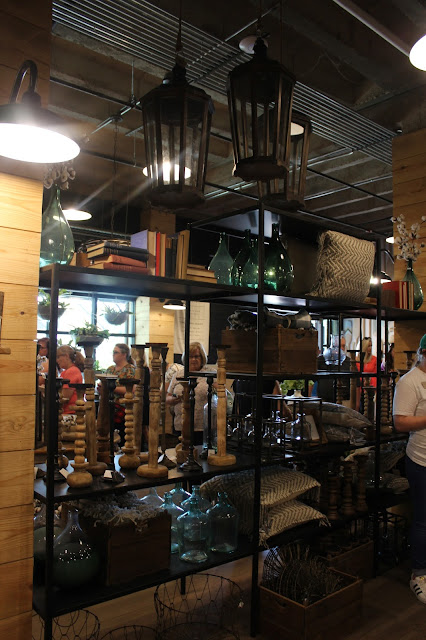 |
| Photo Credit: Devon Rockola |
First, let me acknowledge the obvious: I know DVDs are the dinosaurs of digital media, and all the tech types are using the cloud. Thing is, I like to have physical copies of my memories—I diligently print pictures every three months (my husband even has a Shutterfly reminder on his iPhone calendar), and for me, videos are no different. I want not only the peace of mind of knowing I have a hard copy of my home videos, but also the ability to view them in one steady stream, the way I watched my own childhood memories.
Problem is, if you’re like me, you don’t record your baby’s milestones or your family’s fun times on a camcorder. Usually, I just grab my iPhone…and add yet another 30-second snippet to the chaos of my photo stream. It’s all too easy for memories to get lost (or forgotten) that way.
So about a year ago, I set out to make sense of my jumble of video files—some on my Canon camera (where my longer videos live), others on iPhones current and retired, still more on my laptop or external hard drive, and a few more squirreled away on Dropbox. In other words, my memories were a mess.
After LOTS of trial and error, I devised a system for organizing my video clips and burning them to DVDs. (You’d think there would be a simple app for this, but I couldn’t find one.) Here’s how I did it:
Step 1: Rename your files.
After transferring most of my video files to my external hard drive, I made an unfortunate discovery: The date of the transfer overrode the date of creation. That meant I had to sift through photos, memory cards, and as many original video files as I still had to figure out when exactly I had filmed each clip. Save yourself the hassle: Before transferring or converting any of your files, rename them to include the date of creation. Yes, it takes some time, but it will ultimately make placing them in chronological order way easier. (My preferred naming format: 2019_0422. That way, when you sort by title, they’ll naturally fall into chronological order.)
Step 2: Convert to DVD format.
I was surprised to discover that the iPhone video format (really, any digital-camera video formats) won’t play if you burn your clips directly to a DVD, so you’ll need to convert your files to the DVD-friendly format: MPEG-2. Unless you want a glaring watermark splashed across your family’s faces—the unfortunate cost of free conversion software—you’re going to have to spend a little money on this step. To do this, I purchased the Movavi Video Converter, a downloadable software that cost around $40. You simply upload your video clips to the program, select the format you want to convert them to, and watch the software do its magic.
Step 3: Create your DVD.
I wasn’t eager to spend money on MORE software, and unfortunately, I couldn’t find any particularly impressive free DVD-creation programs. So I settled on the admittedly glitchy DVDStyler, a super-basic software for creating DVDs with a home menu (warning: the background options are cheesy) and chapter selection capabilities. My advice is to keep it your project as basic as possible—when I tried to customize my chapter selection settings, the program tended to crash. So I just uploaded my videos in chronological order, slid a disc into my drive, and hit “burn.”
A quick word on discs: Invest in high-quality blank DVDs to save yourself the hassle of botched burns. I started off with a sketchy batch of DVDs (maybe that’s why somebody donated them to the thrift store…) and ended up with a stack of incomplete burns. After a lot of research, I purchased Mitsubishi Verbatim DVDs, which I found at Best Buy. Tech bloggers say to look for the Verbatim discs made in India, United Arab Emirates, Singapore, or Taiwan, and to avoid the “Life Series” or “Value Series.” So far, I haven’t had a single failed burn!
All in all, this project has been a WAY bigger hassle than I ever anticipated—but the payoff is huge. My four-year-old loves sitting down to watch her baby videos, and I love being able to see all my memories in chronological order.






















































